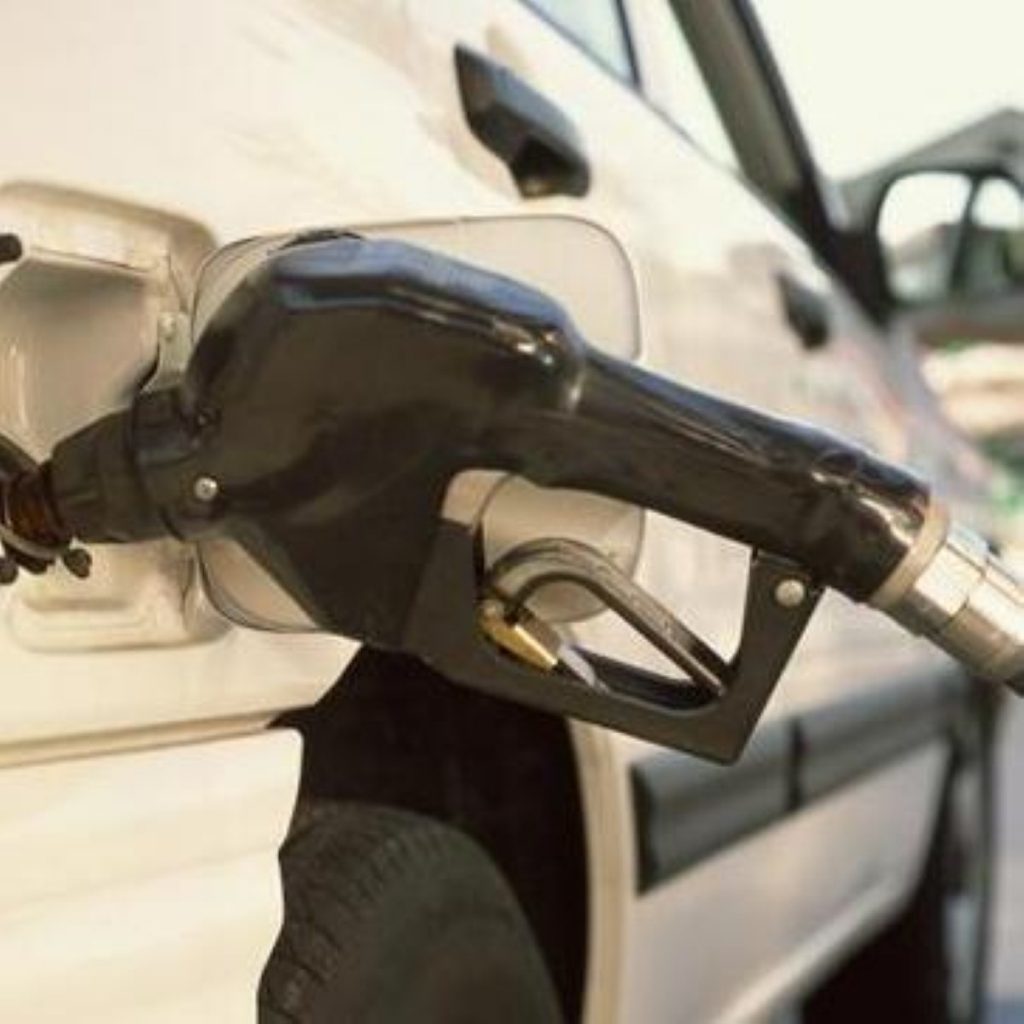Inflations drops to 4.5%
Inflation has fallen to 4.5 per cent in October, down from 5.2 per cent in September, after a dramatic drop in oil and food prices.
The fall in the consumer price index (CPI) is the sharpest since the series began in 1997 and is bigger than expectations.
Oil is now trading at around $55.70 a barrel, down significantly from its July peak of $147 a barrel and the lower costs are filtering through to industry.
Factory costs fell 5.6 per cent in October, the biggest monthly fall since 1986, leading analysts to predict inflation may have peaked.


Economists and politicians are now more concerned about deflation as a recession looms.
Yesterday, prime minister Gordon Brown told parliament next year’s problem will be deflation as the economy shrinks.
Howard Archer, economist for Global Insight, said: “Inflation is poised to drop like a stone over the coming months due to sharply lower oil and commodity prices, waning food prices, very favourable base effects and rapidly diminishing underlying inflation as the economy contracts and unemployment rises at an increasing rate.
“It does seem particularly likely that headline retail price inflation will go into negative territory in 2009 due to sharply lower interest rates.”
Deflation is a sustained fall in general prices, giving consumers an incentive to delay purchases, which in turn reduces overall economic activity.
The Bank of England can target deflation with cuts in the interest base rate to stimulate spending
Liberal Democrat economics spokesman Vince Cable said: “These figures vindicate the Bank of England’s decision to slash interest rates.
“As oil prices continue to fall, it is likely that we will see a continued sharp drop in inflation over the coming months. However, there is a danger that as we move further into recession we could actually experience deflation.”

